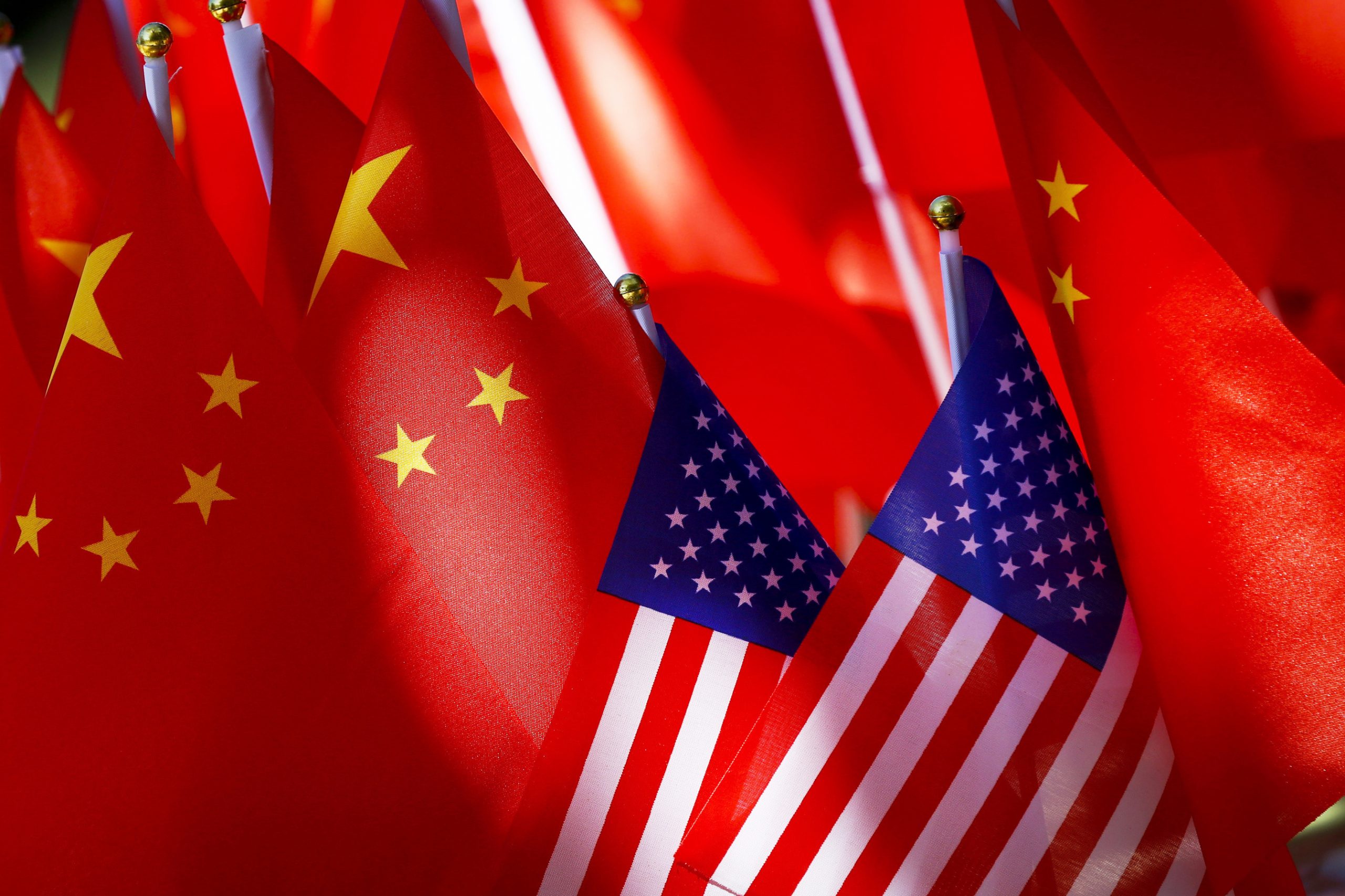
Given China’s rampant growth over the past few decades, it was only natural for China to begin offering strategic competition to the United States, which had emerged as the most powerful country in the world following the Soviet collapse. For the past few years however, the strategic rivalry between China and the US has become increasingly intense. The implications of this growing rivalry are now also being evidently felt in our part of the world which has become one of the major arenas for the tussle between these two global powers.
The US has recently taken punitive measures aimed at not only containing Chinese strategic ambitions, but actively confronting China. The emerging US-China rivalry has taken on various forms ranging from contentions concerning human rights to trade issues in addition to military posturing. The US has stepped up attempts to bolster cooperation with allies on China’s western and eastern flanks, including with strategic quad partners (Australia, Japan and India).
On the other hand, China has begun exhibiting an increasingly muscular approach not only in asserting territorial claims, but also in its conduct of foreign policy more generally. China proactively rebuts accusations of its growing strategic ambitions and rights violations with whataboutist arguments pointing to the tarnished record of the US on similar issues. Meanwhile, China has also pressed ahead with its Belt and Road Initiative (BRI) overseeing massive investments across Africa, the Middle East, and South Asia, significantly expanding its sphere of influence.
While the US is trying to work closely with India to counter-balance China, Pakistan’s close collaboration with China is being seen with growing suspicion by US policymakers, especially as US tensions with China continue to escalate. Initially, the US had cautiously welcomed Chinese investments in Pakistan as the means for helping stabilise Pakistan’s economy (without the US needing to foot the bill). More recently, however, senior American policymakers have warned Pakistan to be wary of Chinese debt diplomacy, and they fear that Pakistan handing Gwadar over to Chinese management is the first step in the commercial port becoming a dual-use facility.
Pakistan in the past may have been compelled to tighten its strategic embrace of China given the lack of broader international interest in investing in Pakistan’s urgent infrastructure and energy needs. However, Pakistani policymakers need to avoid placing all their eggs in one basket. Trying to craft a balanced approach which can resist pressures of choosing sides is not going to be easy, even in this post-Cold War era.
While Pakistan being able to play the role of a go-between to enable rapprochement between China and the US may seem like a tall order at present, Pakistan must still try to work with both countries so that it does not become overly dependent on China at the cost of losing its longstanding relationship with the US.
Pakistani policymakers must realise that there is little political will in the US to provide more aid to Pakistan, especially as the US is now about to implement a military withdrawal from Afghanistan. Yet, a mutually beneficial agreement to expand trade relations with the US could still work. Both countries have previously acknowledged this as a possibility but have not been able to address some of the internal impediments which have impeded this possibility from being realised. Pakistan can also encourage American and other international firms to invest in green energy projects to help lessen its reliance on fossil fuels. Pakistan’s decision to boost transit trade routes to Afghanistan via Gwadar is also encouraging, which should help temper US resistance to CPEC, given its demonstrable potential to help Afghanistan’s economy.
While India seems to have picked a clear-cut side in the new big power competition of the 21st century, it would be no small feat if Pakistan can continue collaborating with both China and the US, which would enable it to become a more self-assured country in the long run.
Published in The Express Tribune, September 11th, 2020.
Source: https://tribune.com.pk/story/2263429/managing-implication-of-us-china-rivalry


